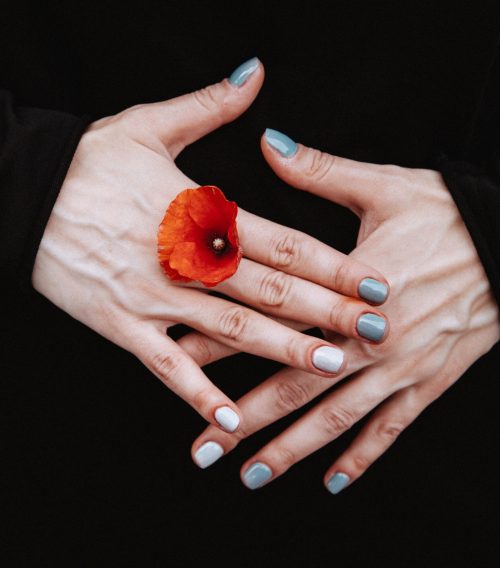The Covid pandemic affected every industry around the world, including death care services. At the height of the pandemic, strict measures to mitigate the spread of the virus prevented people from holding traditional funerals and memorials. In some places, people who died of the coronavirus disease in the earlier stages of the pandemic had no other choice but to undergo cremation. Some governments felt that cremation mitigated the spread of the contagion compared to traditional burial services. These seemingly harsh mandates prevented families from saying their proper farewells in the way that they preferred.
Moreover, seeking comfort in the company of family and friends became very difficult with strict social distancing measures enforced by countries worldwide. People themselves were also fearful of becoming infected with the virus and opted to follow isolation protocols. The human touch was noticeably absent at the height of the pandemic, before vaccines were developed. Fortunately, things are slowly going back to normal now that the majority of people around the globe are vaccinated or have recovered from infection. With the worldwide herd immunity reaching greater heights, funeral services are now slowly going back to normal.
In a State of Suspended Grief
Funeral directors share that many of their clients today have patiently waited for two years to give their deceased loved ones a meaningful send-off. Many clients have had no choice but to wait in holding a proper funeral and memorial service due to the pandemic. Apart from strict lockdown or social distancing measures that restricted gatherings, there were also traveling bans to contend with so families overseas couldn’t come even if they wanted to. As a result, many surviving family members have been in a constant state of suspended grief because there was no closure. Although virtual funerals were an option, they cannot make up for the physical connection and comfort that hugs, handshakes, soothing words, or even eye contact provide when you’re in your darkest hours.
Now that regulations have eased up and international travel is back in full swing, bereaved families who have been waiting for an opportunity to hold gatherings to celebrate the life of the deceased have the chance to host belated memorials for individuals who passed away at the peak of the pandemic. Family and friends now hold a belated memorial service to honor the deceased and physically comfort each other. Many people share this delayed grief experience since they were not given the opportunity to mark their loved one’s death at the peak of the pandemic. And since the world is now opening up, people are set to make up for the lost time.
Grief is the Same No Matter What
Funeral homes today are busy catering to recent deaths, as well as providing memorial services for families who lost loved ones in the height of quarantine. It is understandable why many people are intent on making up for the delays the pandemic brought on because gatherings, albeit delayed, help with healing. Many bereaved family and friends express collective dissatisfaction that they were unable to say a proper goodbye to their dying loved ones or convene to celebrate the life that was lost due to restrictions. Skipping traditional ceremonies makes it much harder to heal and move on.
Funeral directors share that the grief most surviving family members and friends feel now that they’re free to gather and move around is no less painful today. Although the death may have occurred a few months or even two years ago, the loss reverberates just as much or maybe even more because there are some feelings of guilt. The service may have been delayed because of Covid-19, but the pain is just as fresh and raw as if it happened a few days ago.
New Normal Services Today
Now that things are slowly getting back to normal, more funeral homes are hosting visitations, burials, memorial services, and receptions. Some places still encourage social distancing and limit the number of attendees. Remnants of the pandemic remain in some areas with posters that encourage strict hand washing practices and self-quarantine, especially for those who exhibit any symptoms.
At the peak of the pandemic, those who cannot make it used a virtual platform to say their final farewell. This practice somehow changed how people viewed death and the practices associated with laying someone to rest. Perhaps, one of the best remnants of the pandemic is the realization that people who are far away can still somehow “attend” the funeral through live streaming services. That’s why many funeral homes offer a hybrid type of funeral now with a physical service and an online service combined.
With these new services, people who are close by can convene and support one another while those who are away due to health reasons, work, military service, and the like may still be able to participate virtually in the ceremonies. It also provides an avenue for people who are still not comfortable to be around others because of potential infection to stay connected with bereaved family members and use it as a way to show support. People have more choices now when it comes to death care services and funeral homes are determined to meet the demands and preferences of their clients in order to honor the deceased family member in the best possible way.


